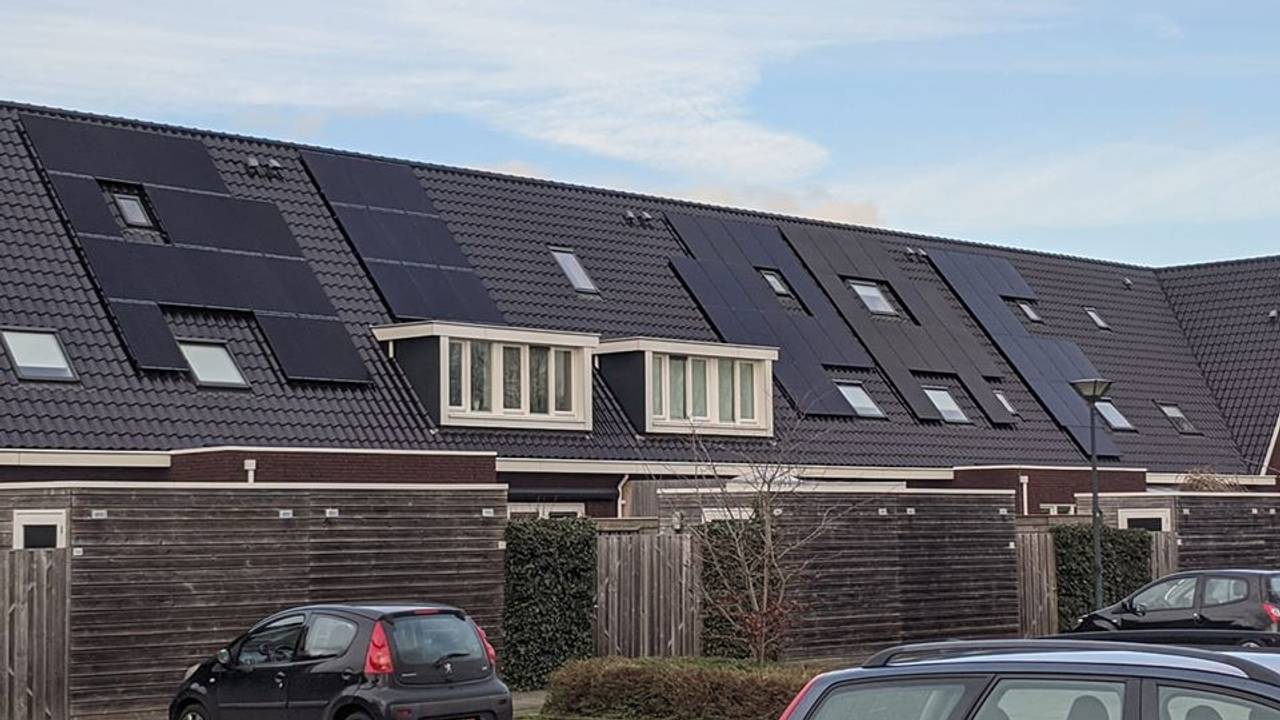Sure, here is the content you requested:
Coalition of trade associations calls on: Senate, phase out netting scheme
the Senate will discuss the bill for the phasing out of the netting scheme on February 6. Trade associations Nederlandse Vereniging Duurzame Energie, Holland Solar, Energie Samen, Energie- Nederland, Netbeheer Nederland, Flexible Alliance Network, Energy Storage NL and Techniek Nederland call on: Senate, vote for phasing out netting scheme. The arrangement has done its job and is no longer …Source
Netting scheme for solar panels ends per 2027
The current netting scheme will be replaced with a new arrangement. You will receive a reasonable compensation from yoru energy supplier for the solar energy you feed back too the grid. With this measure, the government aims to stimulate users to use as much as possible of the solar energy they have generated themselves.
Dutch solar panels net metering scheme to be abolished, or not?
in the past few years, Dutch solar panel installations have surged, driven by the benefits offered by the net metering law. The outgoing government thinks it’s time to abolish this rule. According to the outgoing minister for climate and energy, Rob …
From 2027 that is no longer possible. Then the netting scheme expires. From then on they will receive a reimbursement from the energy supplier. The delivery and installation of solar panels remain tax-free. Solar panels are thus still profitable, they just don’t save as much as first.
That is why Weda took measures. “My employees and I have followed courses so that we can work with coolant. This allows us to also install air conditioners and heat pumps to compensate for the decrease in applications for the panels.”
The situation of wedak from breda is not unique. Many other companies have had to undergo the same change. The Tilburg installation companies Energonders and Micazon and the Eindhoven Solar for You can also talk about it. The owner of Solar for You: ”First I had 50 applications for solar panels per month, now there are about three.”
Despite all the changes, Weda is not thinking of stopping his company. “Fortunately I saw the transition coming, stopping is a waste of time I put in my company.”
interview: Coalition of trade Associations Calls on Senate to Phase Out Netting Scheme
Table of Contents
- interview: Coalition of trade Associations Calls on Senate to Phase Out Netting Scheme
- Editor: Could you explain what teh netting scheme is and why it is indeed being discussed for a phase-out?
- editor: What are the main arguments for and against phasing out the netting scheme?
- Editor: How have different trade associations been involved in this process?
- Editor: Can you provide some examples of how the phase-out of the netting scheme will impact solar panel installations?
- Editor: what are the long-term expectations and goals for the renewable energy sector following this phase-out?
- Editor: Any final thoughts on the importance of this phase-out for the future of renewable energy in the Netherlands?
Editor: Could you explain what teh netting scheme is and why it is indeed being discussed for a phase-out?
The netting scheme is an arrangement implemented to manage and balance the renewable energy market. Over time, it has served its purpose but is now considered outdated and inefficient by many industry stakeholders. The Senate is set to discuss a bill on February 6 to phase out this scheme, as it is no longer meeting the current needs of the renewable energy sector.
editor: What are the main arguments for and against phasing out the netting scheme?
Proponents argue that the netting scheme has completed its initial objective and is now a barrier to innovation and growth in the renewable energy sector. Phasing it out will allow for more flexible and efficient market mechanisms. Opponents might argue for the stability and predictability it has provided, but the consensus among trade associations is that the benefits of a new system outweigh the risks.
Editor: How have different trade associations been involved in this process?
Trade associations such as nederlandse Vereniging Duurzame Energie,Holland Solar,Energie Samen,Energie-Nederland,netbeheer Nederland,Flexible Alliance Network,Energy Storage NL,and Techniek nederland have come together to call on the Senate to vote for the phase-out. Their collective voice underscores the industry’s need for change and modernization.
Editor: Can you provide some examples of how the phase-out of the netting scheme will impact solar panel installations?
The impact is already noticeable. Companies like Weda from Breda, Energonders, Micazon, and Solar for You have experienced a significant drop in solar panel applications. For instance, Solar for You’s owner noted a decline from 50 applications per month to just three, highlighting the need for updated market mechanisms to drive growth.
Editor: what are the long-term expectations and goals for the renewable energy sector following this phase-out?
The long-term goal is to create a more dynamic and responsive renewable energy market. This will encourage innovation, increase efficiency, and attract more investments. Companies like Weda, who anticipated these changes, are confident that the transition will bring positive outcomes in the long run.
Editor: Any final thoughts on the importance of this phase-out for the future of renewable energy in the Netherlands?
The phase-out of the netting scheme is a crucial step towards a more sustainable and competitive renewable energy sector. It reflects the industry’s commitment to adapting and evolving to meet the challenges and opportunities of the future.
